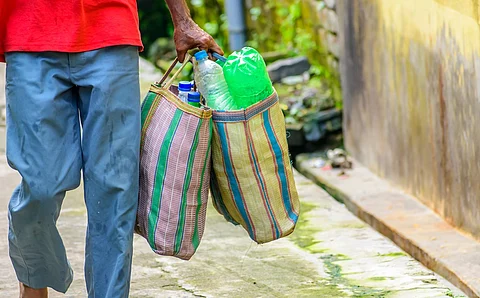

Article 17 of the Global Plastic Profiles 2025 emphasizes the importance of information exchange in tackling plastic pollution.
While there is widespread support for this principle, debates continue over operational specifics, such as national focal points and confidentiality.
Countries like the US and Norway advocate for transparency, while others like Saudi Arabia seek limitations based on national security.
Information exchange is a foundational pillar in the architecture of multilateral environmental agreements, and Article 17 reflects its centrality in the global effort to address plastic pollution. The provision outlines the mechanisms for sharing data, knowledge and best practices among Parties, with the goal of enhancing transparency, scientific collaboration and evidence-based decision-making. While there is broad support for the principle of information exchange, divergences persist on the operational details—particularly regarding the designation of national focal points, the role of the Secretariat and the treatment of confidential information.
Many countries have advocated for a robust and inclusive information sharing framework. Members of the African Group, along with PSIDS and the United States, emphasized that health and environmental data should not be treated as confidential. Their proposals suggest a commitment to public access, especially when information has implications for human safety or ecological risk. PSIDS further called for the scientific and technical body to guide this process, while Norway introduced language encouraging corporate disclosure on plastic-related risks, in line with recent developments in biodiversity and sustainability governance.
Some submissions sought to strengthen the article’s implementation by linking it with national reporting and data tracking. Sri Lanka, for instance, proposed better alignment with Article 15 to ensure that national-level data collection supports both domestic planning and global evaluation efforts.
Conversely, a few delegations raised concerns about the breadth and enforceability of the proposed text. Saudi Arabia and Iran pushed for significant limitations, with proposals to exempt developing countries from certain information-sharing obligations or allow countries to withhold data on the grounds of national security. Türkiye supported the overall objective but suggested technical edits, such as distinct focal points for information and waste management.
Overall, Article 17 enjoys general support in principle. The challenge will be to ensure that information exchange is both functional and inclusive, enabling Parties to act on shared knowledge without undermining sovereignty or operational feasibility.
This is a click to zoom map. View the larger image by clicking on it